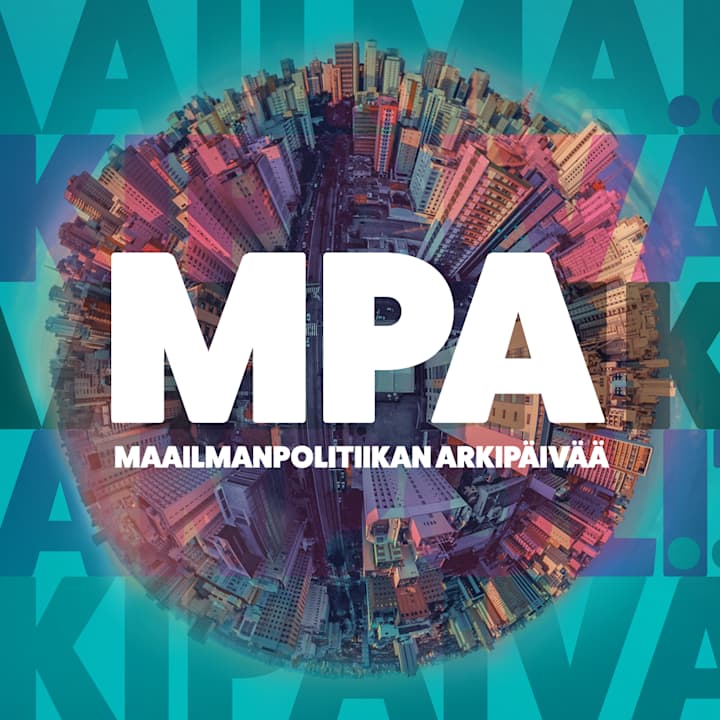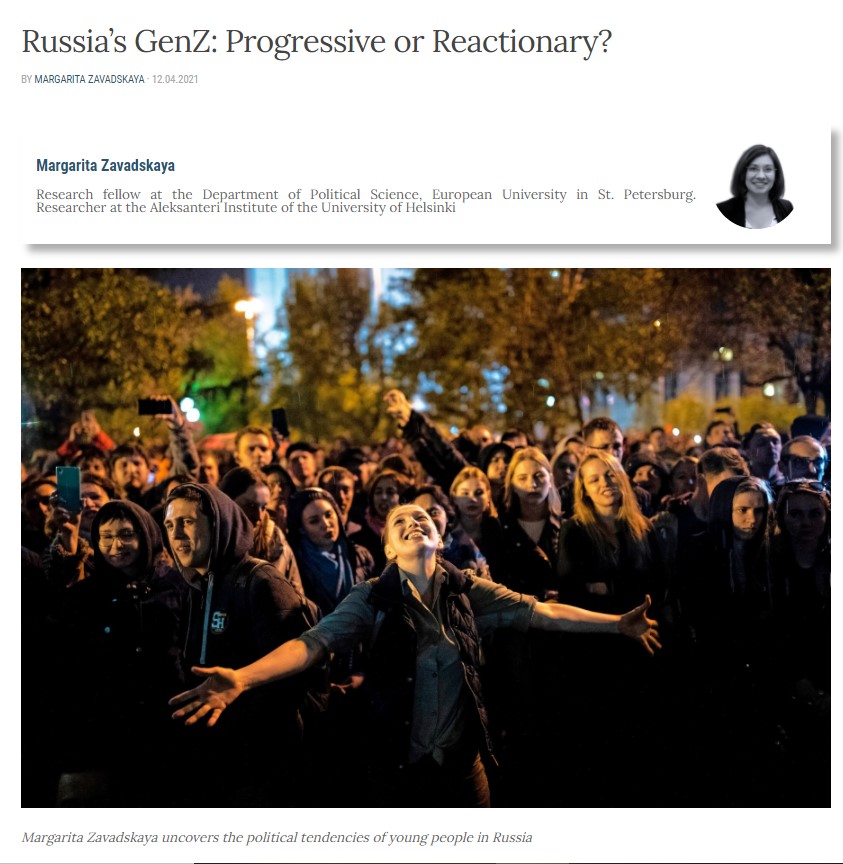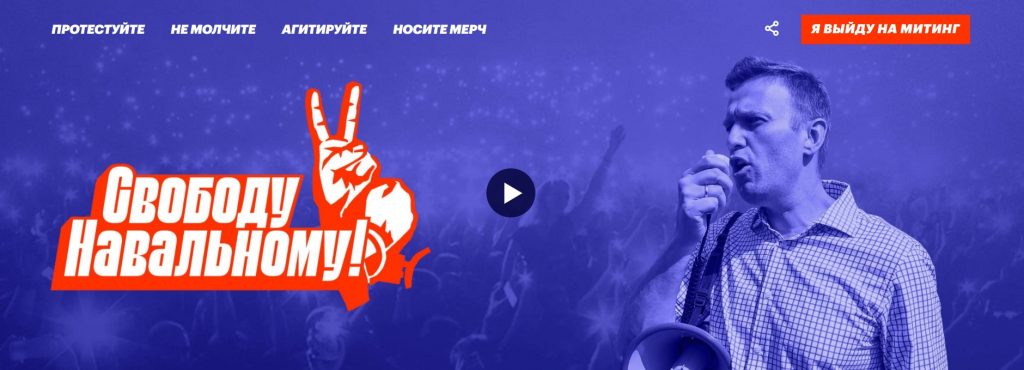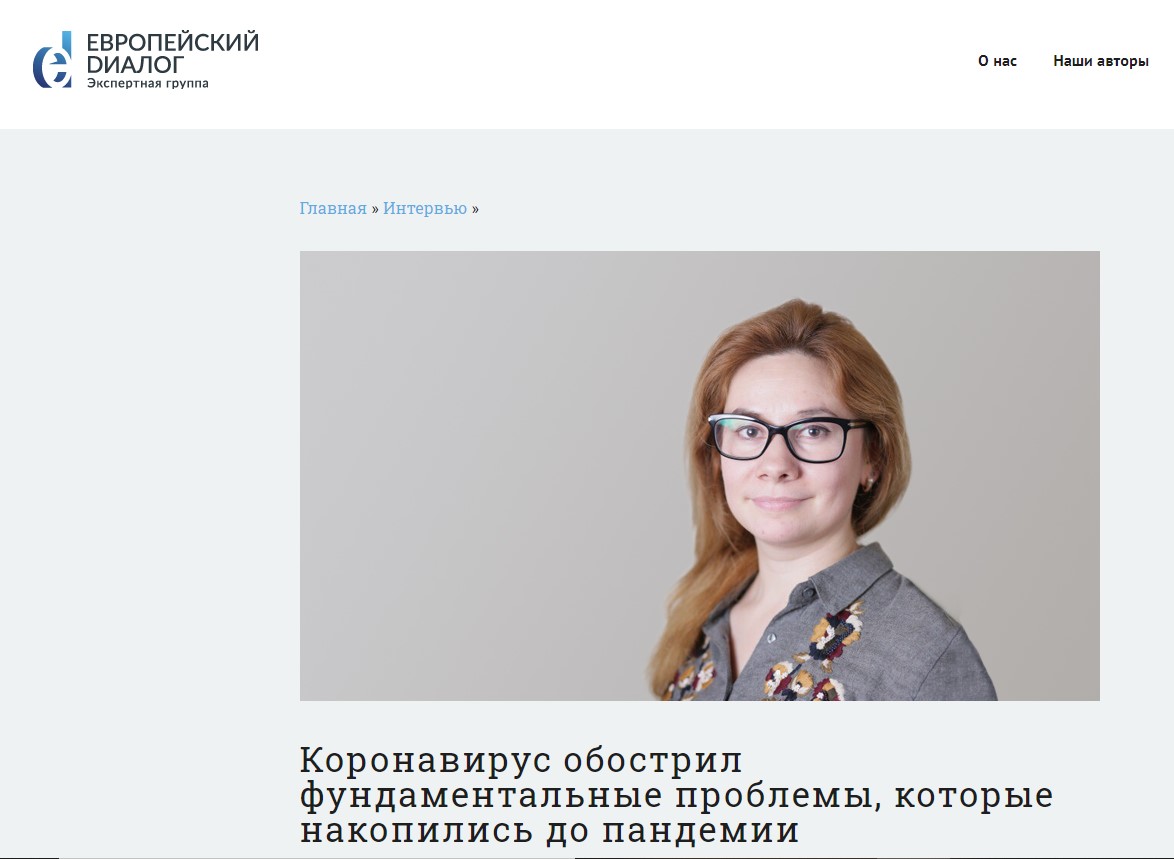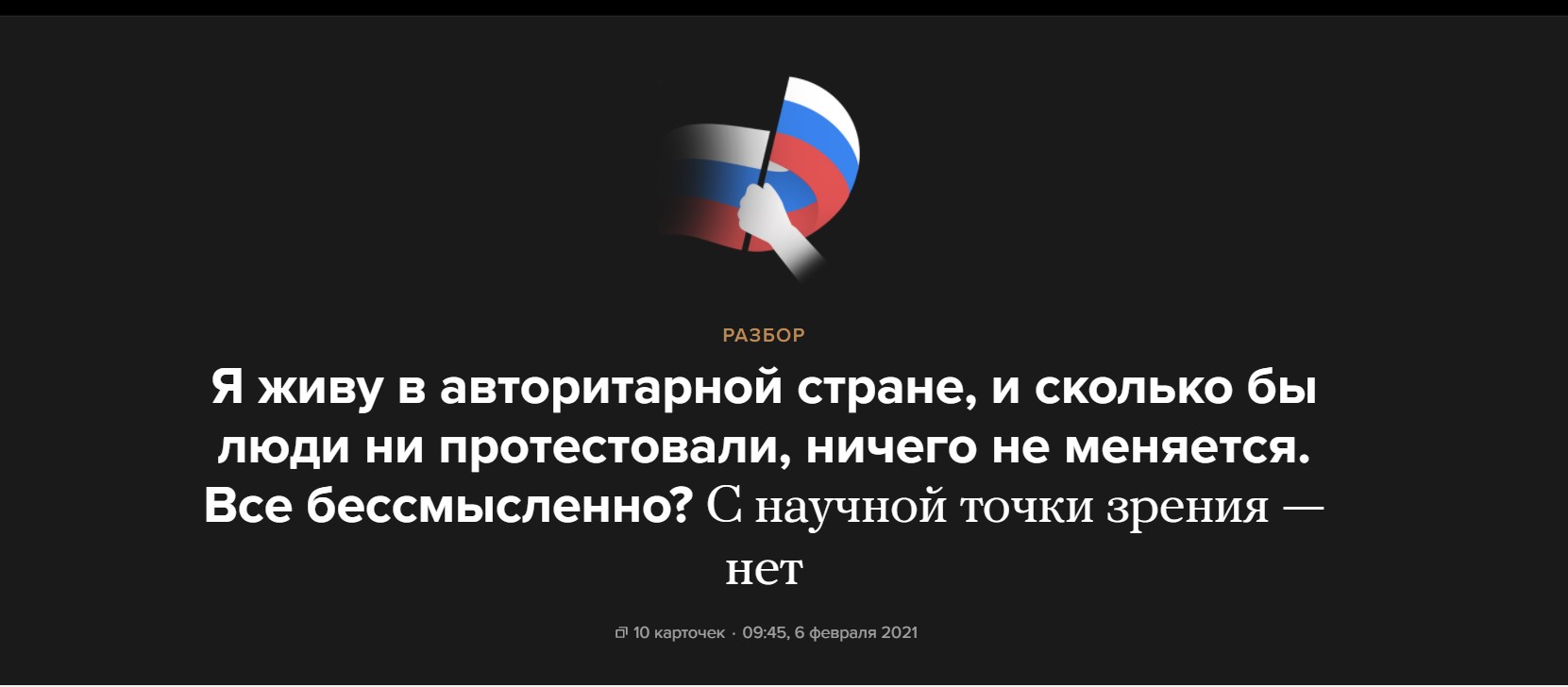
While almost half of the population in Finland has received the first jab of coronavirus vaccination, while others patiently wait to get their turn, in Russia, despite several Russian-produced vaccinations being available, the residents don’t hurry to get vaccinated. In the new article by Euronews, several Russians living abroad tell about their experience of Sputnik tourism – they decided not to wait for their turn in Finland, but rather get the jabs in Russia, where there is plenty of opportunities to do that.
Margarita Zavadskaya was asked what could explain such stark differences between the Russian and Finnish populations:
Studies have shown that COVID vaccine hesitation in Russia is as high as 62%, said Margarita Zavadskaya, a postdoctoral researcher at the Finnish Centre for Russian and East European Studies – the Aleksanteri Institute – at the University of Helsinki.
There are different reasons for the hesitation she said. Some distrust anything from the government, while others trust the Russian Sputnik V vaccine, but not that it is necessarily transported, handled and given correctly. And then, there are also just people, who are traditional anti-vaxxers as we know them from elsewhere: people generally opposing vaccination.
“The main explanation is, however, an extremely low level of trust in political institutions and authorities,” said Zavadskaya.
With a heavy legacy from Soviet times and recent optimisation reforms, some local hospitals have been closed; and there is a lack of funding in the health sector with outdated equipment.
“Russian health care institutions are in an obsolete state, and COVID-19 has exacerbated existing problems,” explained Zavadskaya.
Many Russians are not flocking to get a COVID shot because they’re not concerned about the virus. Surveys show that 38% of Russians think that the whole virus is a hoax. The central administration in Moscow has generally been hesitant to impose nationwide restrictions in order to reduce the spread of the virus. Instead, President Vladimir Putin has for the most part delegated the COVID response to the regions, which is very unusual in today’s highly centralised Russia, Zavadskaya noted.
“This is Putin’s way of keeping himself out of the political blame game if things go wrong,” she deemed.
The full article is available online.


